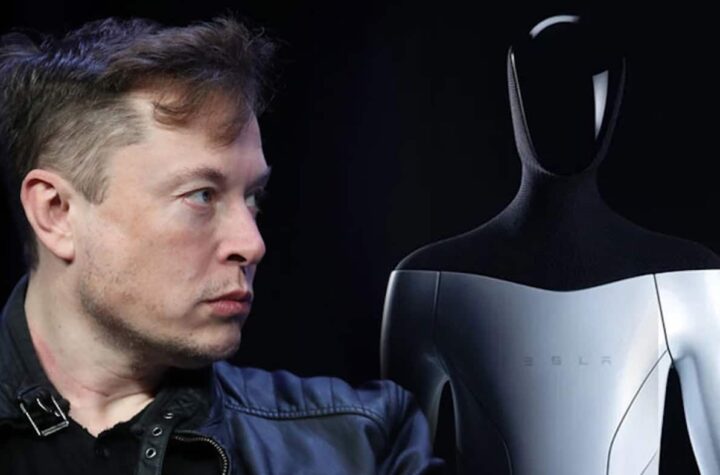Intel wants to increase production in the face of a global chip shortage that is affecting the supply of vehicles and other items. The company, which is one of the world’s major semiconductor manufacturers, claims that the crisis has demonstrated that the United States and Europe are overly reliant on Asia for chip manufacturing. Because of Brexit, Intel’s CEO says the company is no longer exploring building a facility in the UK.
Over the next ten years, Intel plans to invest up to $95 billion (£70 billion) in establishing and modernising semiconductor operations in Europe, as well as increasing its output in the United States.
Microchips are used in millions of devices, from cars to washing machines, but they are in short supply this year due to increased demand and supply chain concerns. It has resulted in shortages of popular commodities such as vehicles and laptops, as well as price increases.
Some resources predicted that things would “gradually” improve next year, but that they would not stabilise until 2023.
Intel’s growth comes as the entire market for semiconductors is expected to more than double to $800 billion in the next seven years. The company also seeks to win subsidies from politicians in the United States and Europe, who believe that their reliance on Asia for chips could jeopardise national security.
Currently, the United States manufactures just around 12% of the world’s semiconductors, with Samsung and Taiwan Semiconductor Manufacturing Company (TSMC) accounting for 70% of worldwide supply.
Intel will continue to outsource some of its chip manufacturing, but it hopes to build the majority of its products in-house in the future. However, competing will not be simple.
Chip manufacturing is still cheaper in Asia, and Intel’s competitors are expanding. Over the next three years, TSMC, the world’s largest contract manufacturer of semiconductors, will invest $100 billion in capacity expansion, while Samsung will invest $205 billion……….











More Stories
Disneyland workers have expressed that they are living in cars and motels due to their low pay
Denmark issues a recall on Korean ramen due to its excessive spiciness.
Elon Musk predicts that artificial intelligence will automate many jobs.